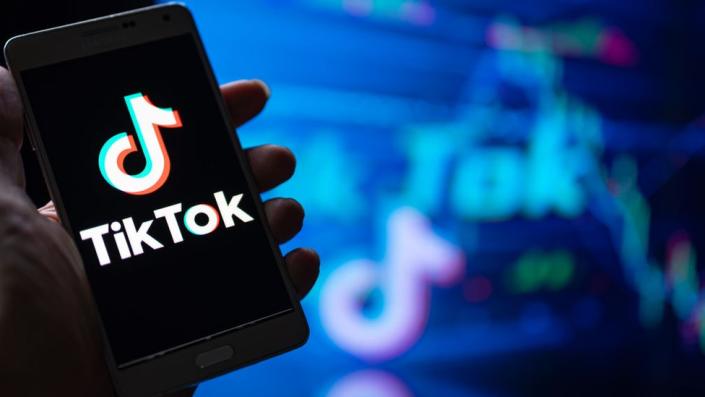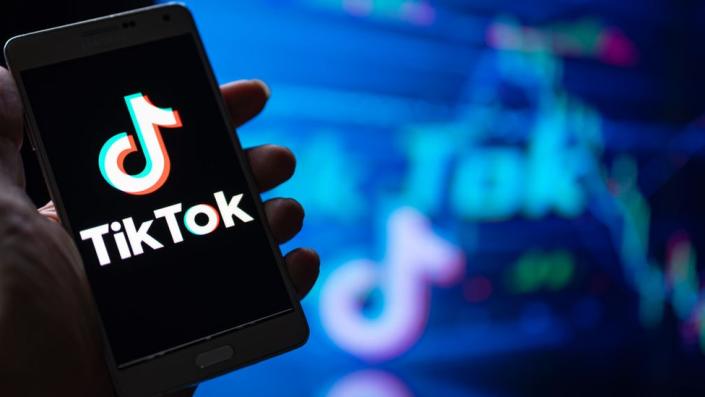
Nigeria’s telecommunications agency has warned a new TikTok trend called the Invisible Challenge could expose devices to malware.
The craze urges users to film themselves naked, then to use TikTok’s “Invisible Body” filter to replace their body with a blurry background.
But officials say some users have started attaching a link to videos which downloads a virus onto devices.
The Nigerian Communications Commission (NCC) says users’ data is then stolen.
Attackers are attracting users by uploading videos to TikTok as part of the trend, but attaching a link to a software known as “unfilter”, which claims to be able to remove the filter from the video.
The hackers hope the link will trick people into thinking they will see the naked body behind the video.
Instead, the NCC says people who click on the link or attempt will then have their devices infected with a virus called WASP or W4SP stealer.
Once downloaded, the malware has ”critical damage potential” to victims because it illegally harvests their important information – including passwords, financial activity, keystrokes from emails and chat programmes.
The Nigerian authorities have also warned that the malware might be ”capable of covertly collecting screenshots, video recordings, or the ability to activate any connected camera or microphone”.
Authorities have advised Nigerians to avoid clicking on suspicious links and to always use anti-malware software on their mobile phones and computers, as well as embrace ”healthy password hygiene practices”.
Nigeria has seen a rapid increase in TikTok users in recent years, particularly among young people.
Last month, two TikTok stars in the northern state of Kano were sentenced to a whipping and forced to clean the court after they used social media to mock a government official.
Kano State, a Muslim-majority part of northern Nigeria, is among about a dozen states in the region that practise the Sharia legal system alongside the country’s secular laws. Only Muslims can be tried in Sharia courts.




